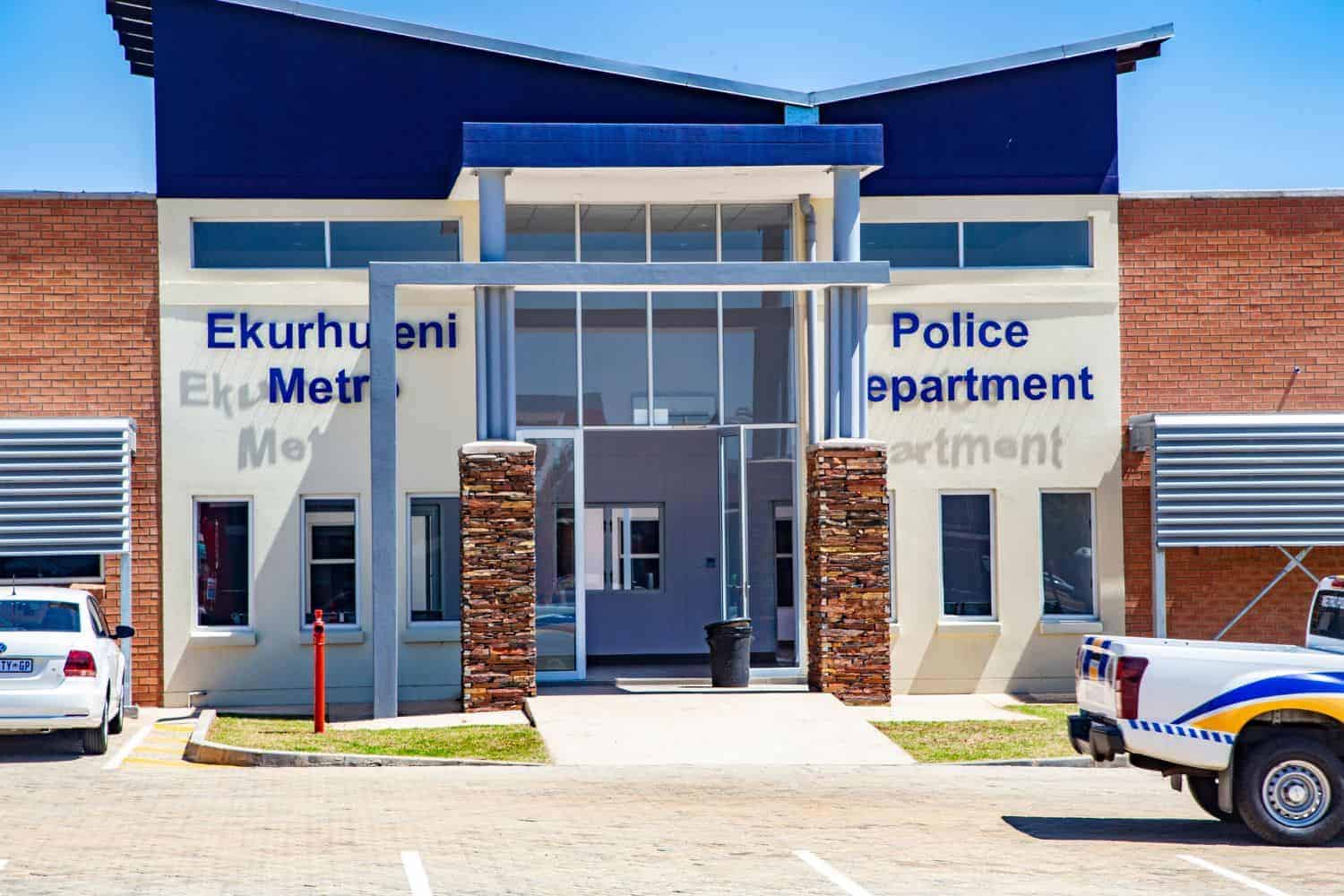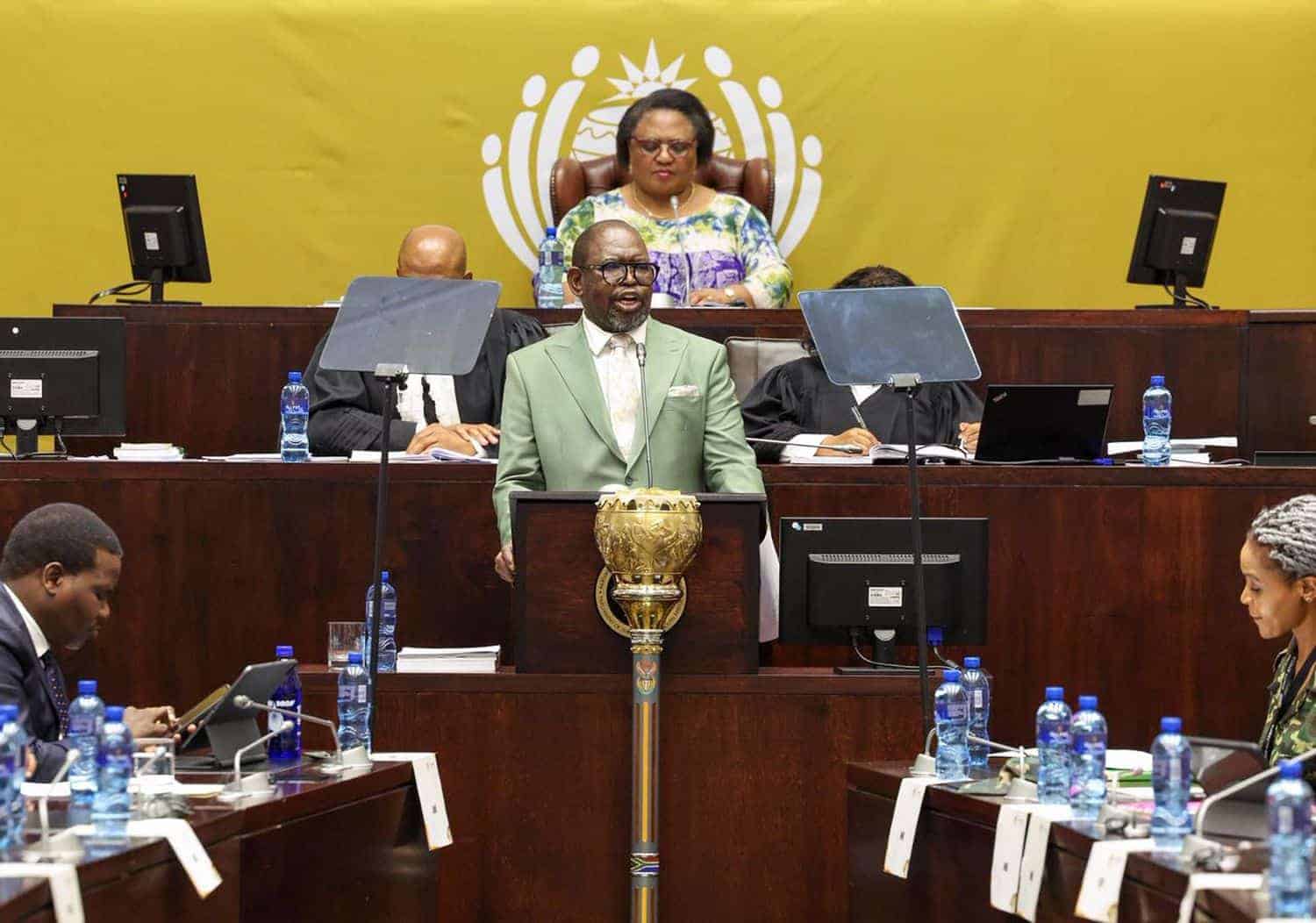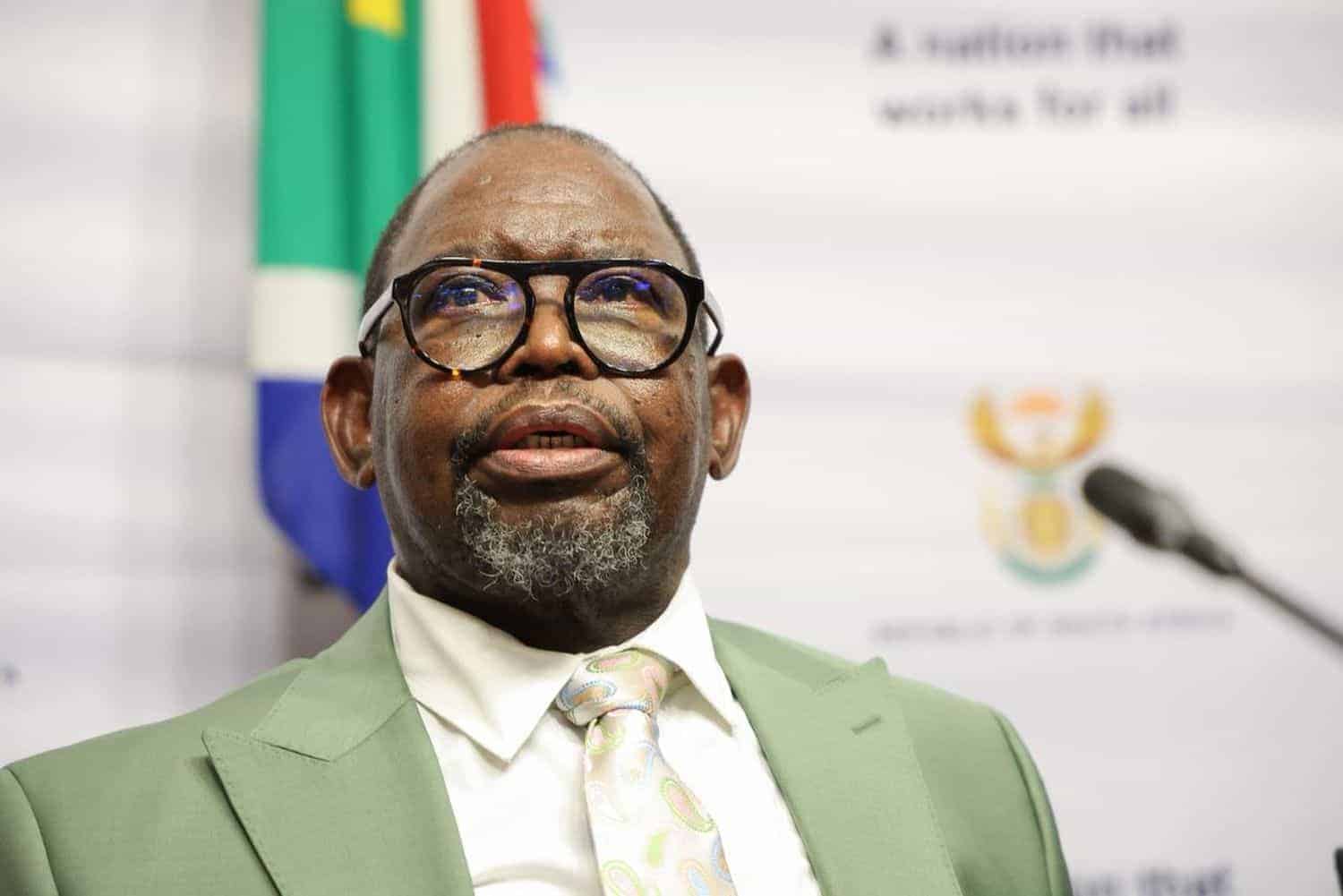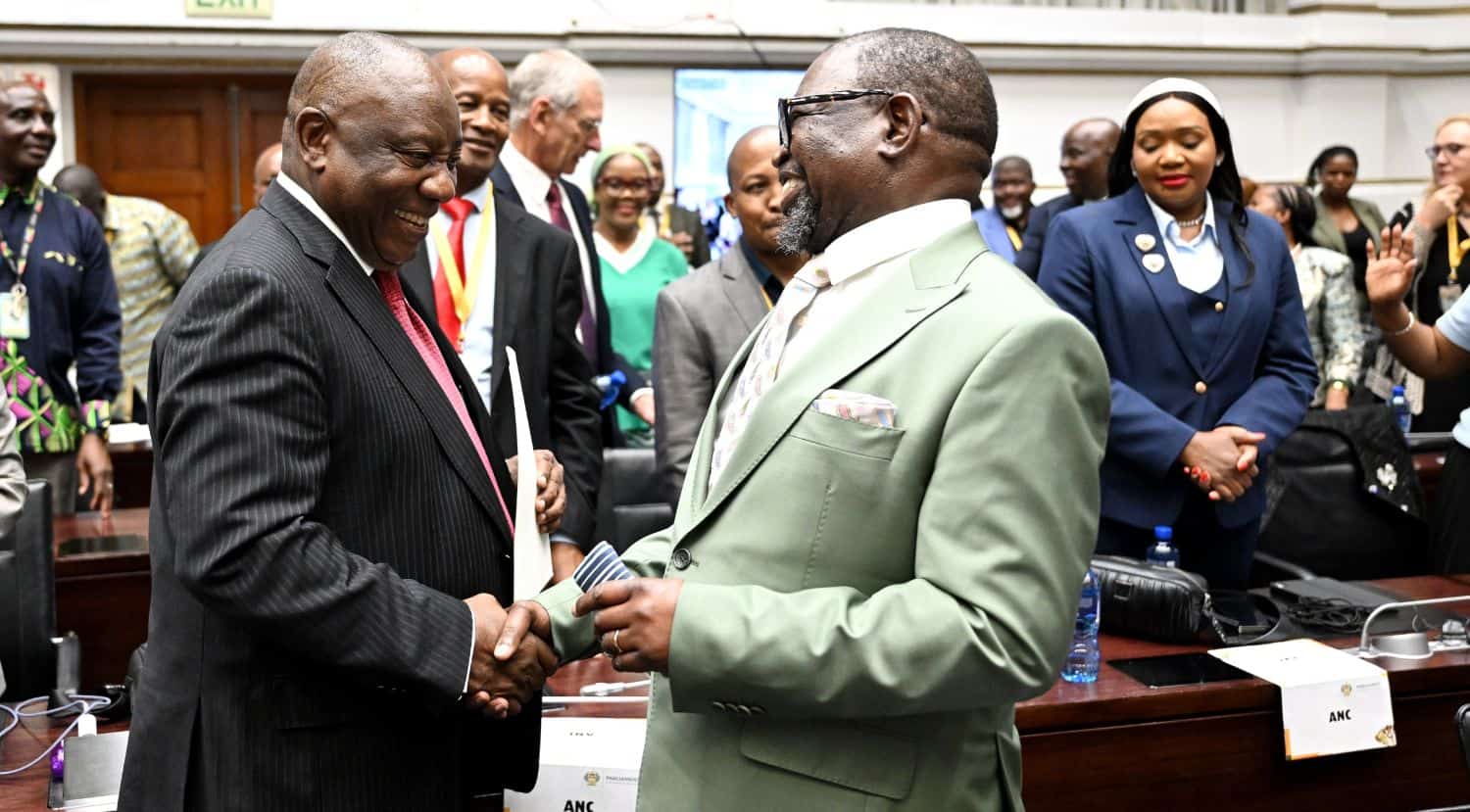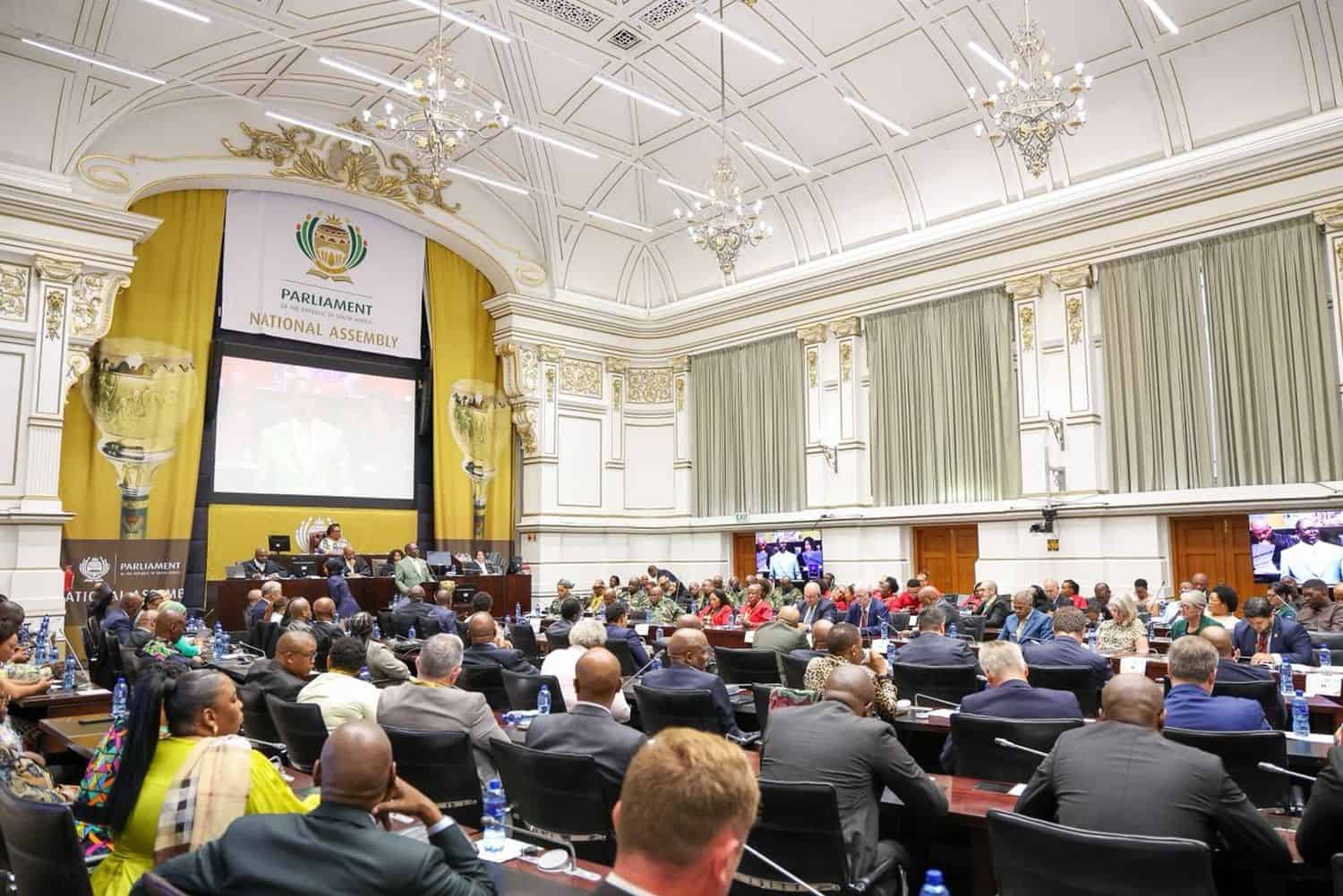So, we did not need a 2% Vat increase after all?
Various organisations welcomed this year’s MTBPS as it had good news about revenue collection and government debt.
If there is one thing Minister of Finance Enoch Godongwana did in his MTBPS, it was to show that we did not need the 2% increase in Vat after all, as he wanted to have us believe just a few months ago when Budget 2025 had to be postponed twice because he insisted on increasing Vat.
Wayne Duvenage, CEO of civil action organisation Outa, says he was happy to see that giving Sars extra money is paying off, with Godongwana announcing that Sars collected R18 billion more in tax.
“We also welcome Treasury’s improved fiscal discipline and stronger revenue outlook. The 2025 MTBPS is one of the best in years.”
He warned that higher allocations to provinces and municipalities must be protected from corruption to ensure service delivery benefits communities. “Transparency, enforcement, and responsible savings, not tax hikes, are the keys to sustaining South Africa’s fiscal recovery.
“The 2025 Medium-Term Budget Policy Statement (MTBPS) reflects encouraging signs of an improving economic environment, with stronger revenue collections, a reduced debt-to-GDP ratio and savings on debt-service costs showing indications of stabilisation and a shift toward a more positive trajectory for South Africa’s economy.”
ALSO READ: Government spending to increase to R2.9 trillion – mostly on public services and benefits
Outa welcomes effort for procurement transparency in MTBPS
Duvenage also welcomed Treasury’s effort to improve procurement transparency through the launch of a Procurement Payments Dashboard on the eTender portal. “Outa always maintained that transparency is the enemy of corruption. However, it must be implemented in a way that is accessible and meaningful to civil society. Treasury should invite public input to help identify and restrict corrupt suppliers and directors from doing business with the state at all levels.”
He also added that South Africans are already among the highest-taxed nations in the world, given the services they receive from the state. “This is the time for government to use the improved fiscal position to give citizens some relief, not to grow the size of the state.
“The 2025 MTBPS proves that when Sars collects effectively and Treasury spends wisely, South Africa can restore stability without raising taxes. Now the focus must be on implementation, accountability and ensuring that every rand delivers real value.”
ALSO READ: MTBPS: SRD grant gets another extension
BLSA says MTBPS shows fiscal discipline pays off
Busisiwe Mavuso, CEO of Business Leadership South Africa (BLSA), says the MTBPS showed that fiscal discipline pays off and that South Africa’s debt trajectory offers hope for a ratings upgrade.
Godongwana said this is the first time since the 2008 financial crisis that public debt will not grow as a percentage of GDP, and Mavuso says this is profoundly significant for the country’s economic prospects.
“They are the culmination of painful decisions where government has stuck to the fiscal path in the face of immense pressure to increase expenditure. We commend this MTPBS because it is positive for the markets and bodes well for investor confidence and South Africa’s credit ratings.
“Shortly after the speech, the rand strengthened to about R17/dollar, from R17.15 before the speech, and it is sharply stronger than its one-month peak on 5 November of R17.55. JSE reaction was also positive, with the top 40 index climbing 1.22% after the speech, and bonds also strengthened.”
ALSO READ: MTBPS: Sars gets R7.5 billion, while revenue collection expected to decrease
MTBPS shows debt-service cost will be R4.8 billion lower
She pointed out that debt-service costs for this fiscal year will be R4.8 billion lower than estimated in the 2025 Budget, supported by lower interest rates, lower inflation and a stronger currency.
Mavuso says the importance of developing infrastructure to address critical needs cannot be overemphasised. “Just in the energy sector, Eskom’s Transmission Development Plan estimates that more than 14 000 km of new transmission lines will be required in the next decade to accommodate an additional 53 GW of generation capacity.
“Significant investments are also needed in the country’s transport/logistics and water systems to get them to operate efficiently. Much of this infrastructure requires private sector investment, and BLSA will continue to support government, in terms of resources, skills and capacity, in preparing these areas to be “investment ready”.
ALSO READ: MTBPS: Godongwana pulls it off the first time this time
BLSA happy with reform of municipal infrastructure grant in MTBPS
Mavuso was also happy with the National Treasury reforming the municipal infrastructure grant so that municipalities that show persistent failure in infrastructure delivery will not receive direct funding. Instead, the grant will shift to indirect models through agencies like the Municipal Infrastructure Support Agent and the Development Bank of Southern Africa.
“While BLSA welcomes these interventions, we emphasise they must remain temporary. The focus must be on accelerating the professionalisation of local government and building municipal capacity.
“Overall, this MTBPS puts the country in a stronger position than it was previously and we hope to see benefits in the short term in relation to the country’s credit ratings. The challenge now is to ensure reform implementation is successfully executed, particularly in terms of the infrastructure development requirements and in so doing, locking in the benefits that will begin to flow over the longer term.”
ALSO READ: MTBPS: Godongwana says billions lost to illicit trade could have stopped tax hikes
Operation Phumelela says MTBPS strengthened investors confidence
Operation Phumelela, South Africa’s Financial Sector Competitiveness Taskforce, established to enhance the country’s position as a leading international financial centre and gateway for investment into Africa, also welcomed the MTBPS.
“The MTBPS showed National Treasury is on track to stabilising the country’s finances, which will support investor confidence by demonstrating that financial risks are being well managed. The revenue and expenditure outlook confirms that debt service costs (as a proportion of GDP) will peak in the 2025/26 period and then start to reduce, improving the risk profile of government debt and reducing its cost.
“This strengthens investor confidence and supports economic growth. It was positive to see National Treasury’s forecasts of GDP growth rising to 2% by 2028, a figure we believe could be exceeded if the right reforms are made,” Daniel Mminele, Operation Phumelela steering committee member and chair of Nedbank, says.
These improvements significantly enhance South Africa’s position in the global financial system as a credible counterparty. The Operation Phumelela steering committee believes the improvements in government finances provide good grounds for improvements in sovereign credit ratings, which will further boost international confidence, Mminele says.
ALSO READ: MTBPS: what economists and consumers want to hear
Positive in SA’s global momentum with greylist exit and financial sector reform
“Together with South Africa’s exit from the greylist of the Financial Action Task Force, there is clear and positive momentum in South Africa’s global reputation. This progress builds on strong government support for financial sector reform, demonstrated at Operation Phumelela’s June Lekgotla, where Deputy Finance Minister David Masondo endorsed coordinated reforms to enhance competitiveness.”
The improved fiscal position provides clear opportunities for our financial sector to boost export revenue generation by providing financial services to the rest of Africa and further afield. Mminele points out that this would create employment and increase tax revenue within South Africa’s borders while attracting back financial services activities that have been lost as competitiveness has waned over recent years.
“The financial sector makes up a quarter of GDP and represents a clear national asset. However, other markets now provide compelling alternatives to global investors as domiciles for their investments. To compete effectively, South Africa must act decisively.
“The MTBPS will support the green shoots we are seeing in the economy but we need to accelerate this growth trajectory now to maximise the benefits. These targeted reforms would catalyse rapid expansion in financial services exports.”



